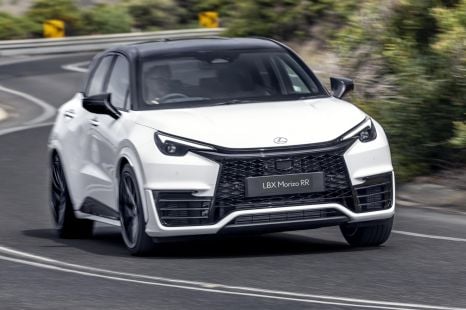

Josh Nevett
8
6 Days Ago
Rivian has submitted a filing with US authorities for an initial public offering, reportedly valuing the company at $109 billion.

News Editor
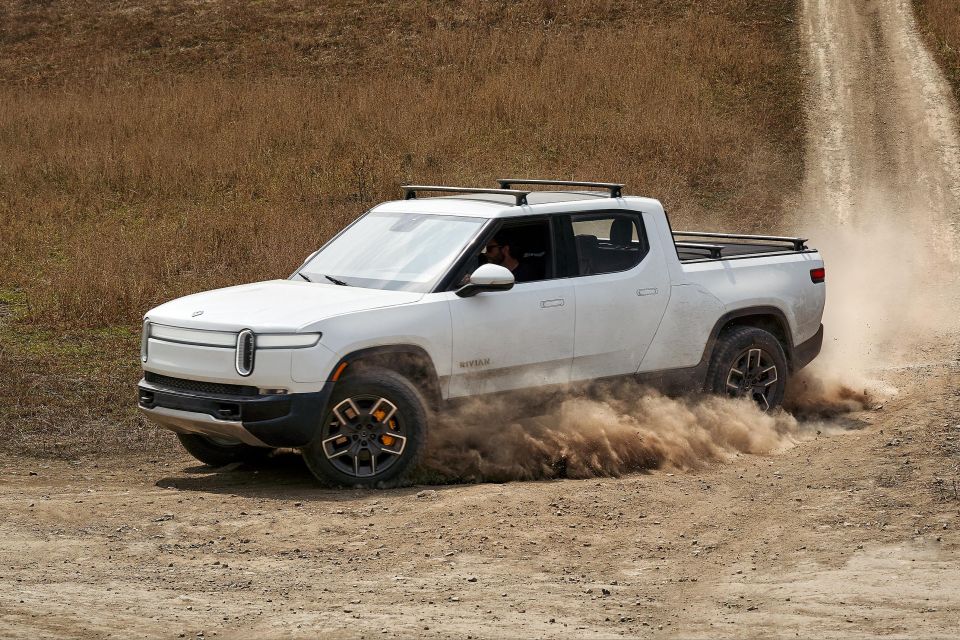

News Editor
Rivian is going public.
The electric vehicle start-up has announced it has submitted a draft registration statement to the US Securities and Exchange Commission (SEC) for an initial public offering.
The IPO will take place after the SEC completes its review process.
While the company hasn’t specified the size and price range of the offering, Bloomberg reports the company is seeking a US$80 billion (A$109 billion) valuation according to sources familiar with the matter.
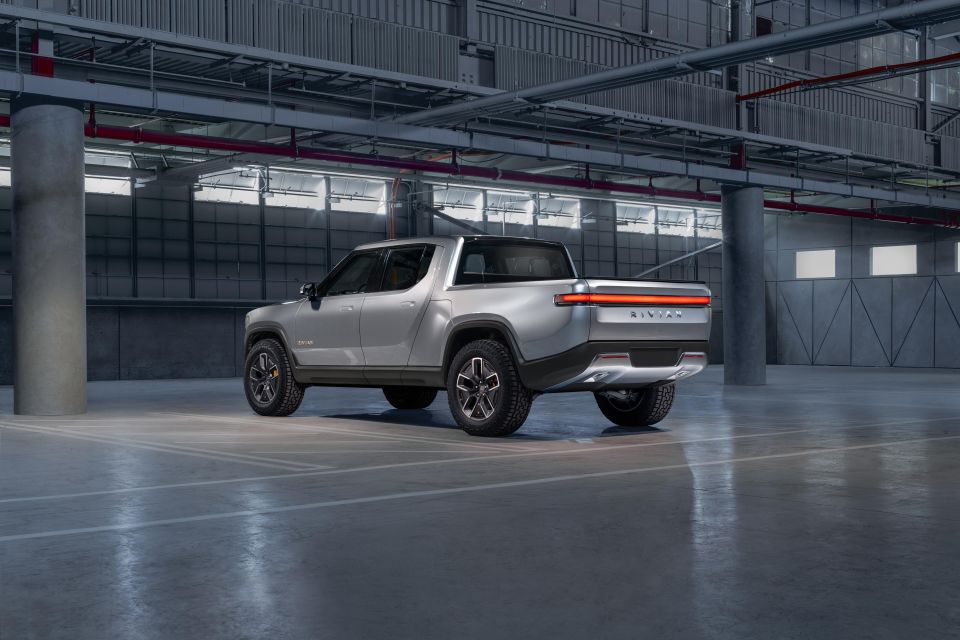
The company would also reportedly IPO around the November 25 Thanksgiving holiday this year, though such plans depend on approval from the SEC.
Rivian has proved to be an impressively well-funded start-up, with US$10.5 billion (A$14.35 billion) raised from heavy hitters like Amazon and Ford.
The company is also readying its all-electric R1T ute and R1S SUV for launch, and is awaiting final approval from the Environmental Protection Agency (EPA) and National Highway Transport Safety Agency (NHTSA) to sell these vehicles in the US.
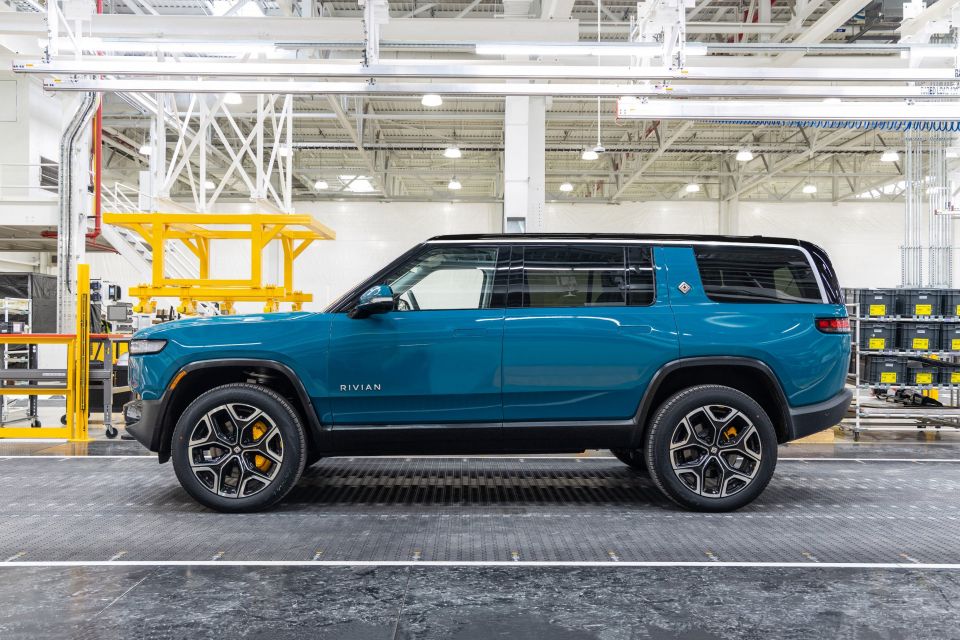
The R1T will enter limited production in September at the company’s factory in Normal, Illinois, which it acquired from Mitsubishi. The R1S is expected to follow before the end of 2021.
There’s still been no official word on an Australian launch.
“Our teams are solely focused on launching our first deliveries here in the US next month,” said a spokesperson from Rivian.
“We’re looking forward to sharing more details on our plans for international expansion soon.”
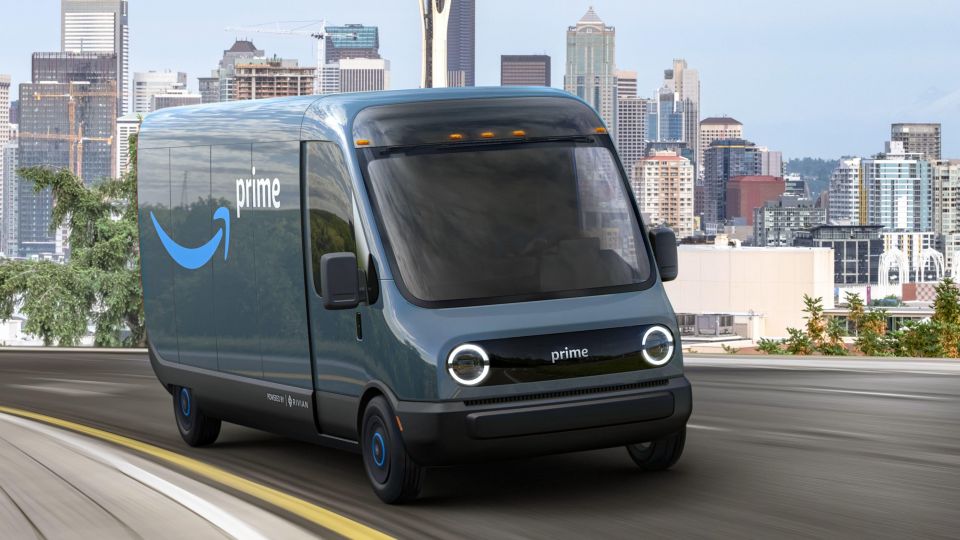
Rivian isn’t only building premium electric SUVs and utes.
As part of its deal with Amazon, it’s building 100,000 electric delivery vans for the e-commerce giant by the end of the decade, 10,000 of which are set to be delivered before the end of 2022.
Rivian says it will maintain vehicles at six service centres around the USA to start with: one each in New York, Washington and Illinois and two in California.
It’s also continuing its rollout of DC fast chargers and Level 2 AC chargers, although there’s no guarantee on when it’ll be complete.
The company is also reportedly looking at establishing factories in both Texas and the UK.

The R1T Explore will be priced from US$67,500 (A$93,301) in the USA.
Standard equipment includes vegan leather upholstery, heated seats, and matte-black interior finishes.
The Adventure (A$103,668) adds ventilated seats, ash wood interior finishes, a panoramic sunroof, and an off-road upgrade package that includes a reinforced underbody shield, front tow hooks and an air compressor.
The R1T Adventure also adds a powered tonneau cover.
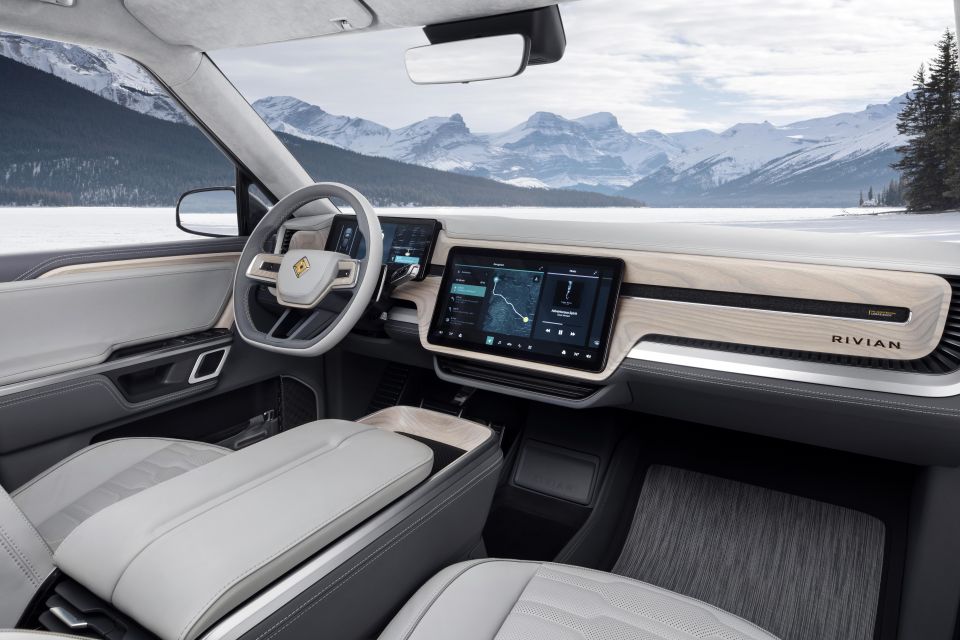
The Launch Edition, priced the same as the Adventure, is painted in Launch Green and adds either 20-inch All-Terrain wheels or 22-inch Sport wheels.
All prices are before government incentives. US Government tax credits, for which Rivian buyers are eligible, shave just over A$10,000 from the price of an electric vehicle.
Rivian has previously announced its two-model range will offer a choice of three different battery packs, with capacities of 105kWh, 135kWh and 180kWh.
Early technical specifications revealed the R1T with the 105kWh battery are claimed to reach 60mph (96km/h) in 4.9 seconds. Total power and torque are 300kW and 560Nm, respectively.
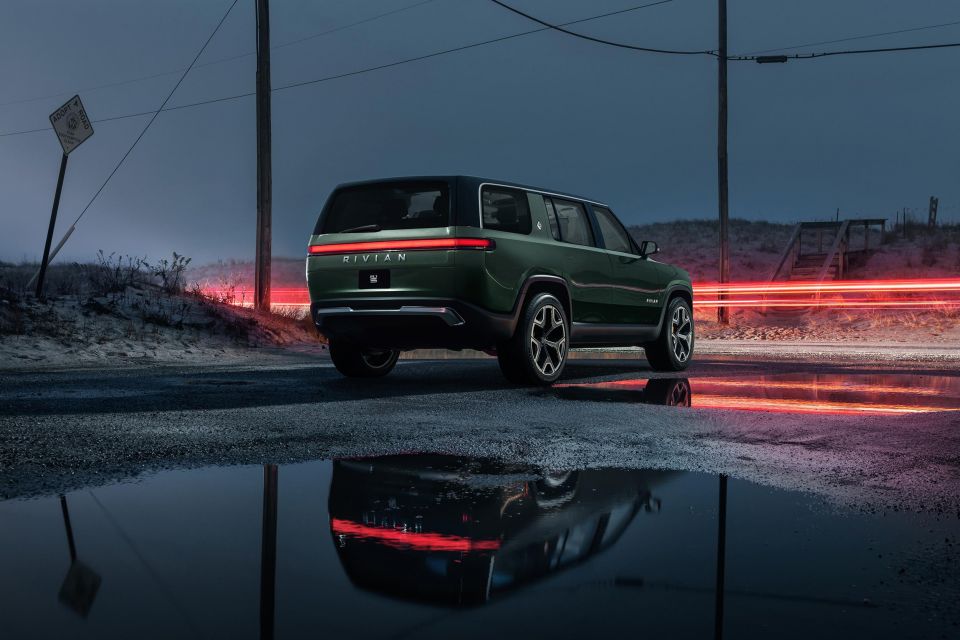
The quickest Rivian will be the R1T equipped with the 135kWh battery. It will hit 60mph in 3.0 seconds, and produces 562kW and 1120Nm.
The 180kWh battery-equipped models are said to have an electric range of over 659km, but produce slightly less power (522kW) albeit the same amount of torque.
All models are all-wheel drive.
Both the R1T and R1S SUV can ford water up to 1m deep, while the R1T has a payload of 800kg and a 5000kg trailer weight rating.
Take advantage of Australia's BIGGEST new car website to find a great deal on a Rivian.
William Stopford is an automotive journalist based in Brisbane, Australia. William is a Business/Journalism graduate from the Queensland University of Technology who loves to travel, briefly lived in the US, and has a particular interest in the American car industry.


Josh Nevett
8
6 Days Ago
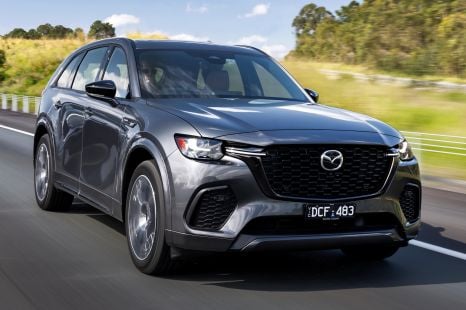

Jack Quick
7.9
5 Days Ago
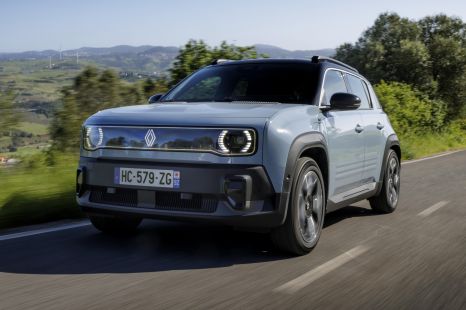

Neil Briscoe
4 Days Ago
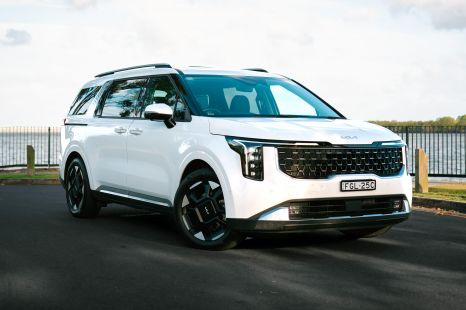

William Stopford
8.5
3 Days Ago
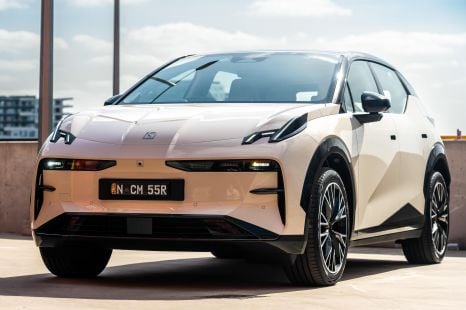

James Wong
7.9
2 Days Ago
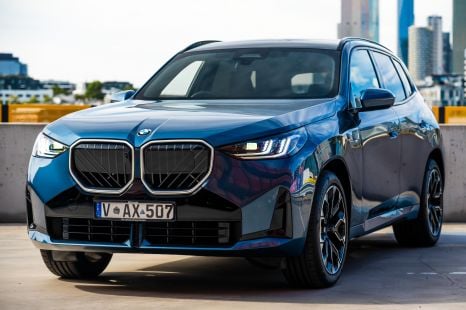

Jack Quick
8.4
20 Hours Ago